Qixi Festival | How did the ancients live like this?
Qixi Festival, also known as Qiqiao Festival, Qijie Festival, Daughter's Day, and Cow and Bull Mother's Day, originated from the worship of stars. Later, people joined the legend of Cowherd and Weaver Girl. Qixi Festival began to become a symbol of love and became "China Valentine's Day".
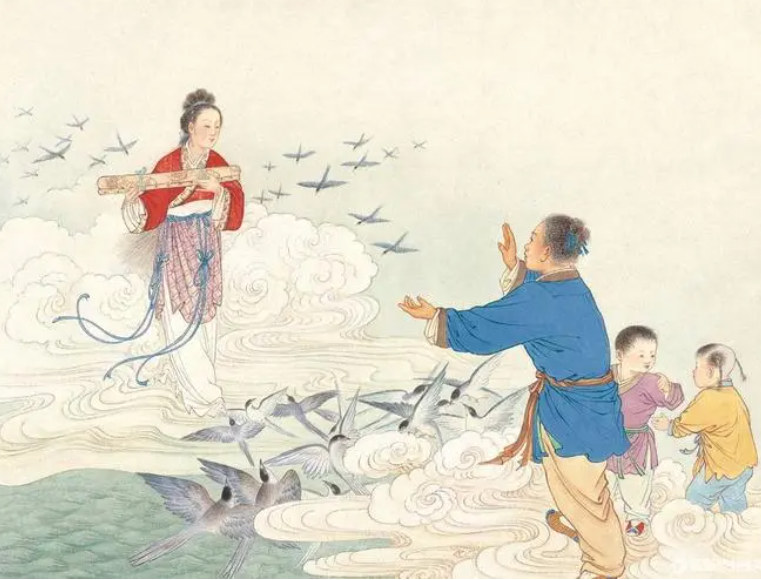
So what are the customs of Qixi Festival from ancient times to the present? Let's take a look together!

During the Song Dynasty, Liu Kezhuang once wrote a poem that praised, "Guaguo Pian Quan Zhu, with a simple and melodious throat. The people of Guangdong celebrate the night with ingenuity, with lights shining until dawn
The girls prepare various clever toys in advance, using herbs, colored paper, sesame seeds, rice grains, etc., to make various flowers, fruits, ladies, utensils, palace models, and other objects.
Or set up various colorful incense altars to offer sacrifices to Sister Seven from afar.
People fast for a day, take a bath, sit around the table, eat peanuts and melon seeds, and silently recite their thoughts towards the constellation of the Weaver Girl.
Girls hope to be beautiful or marry a desirable man, while young women hope to have a noble son early.

The "Miscellaneous Records of the Western Capital" says, "Han colored women often wear seven hole needles on the seventh day of the seventh lunar month at the Kaibu Tower, and people learn from it
The skill of threading needles, also known as "Sai Qiao", refers to women's competitions for threading needles, where they tie colored threads and thread seven hole needles.
The faster someone dresses, the more tricks they beg for, and the one who dresses slowly is called 'losing tricks'.
The person who is skilled in losing should give the gift prepared in advance to the skilled one.

The steadfastness and commitment of the Cowherd and Weaver Girl to love are touching.
According to legend, on the seventh day of the seventh lunar month, magpies on earth fly into the sky to meet the Cowherd and Weaver Girl on a magpie bridge in the Milky Way.
Zhinu is a beautiful, intelligent, and skillful fairy. On this night, ordinary women begged her for a wise heart and nimble hands, and also prayed for a happy marriage.
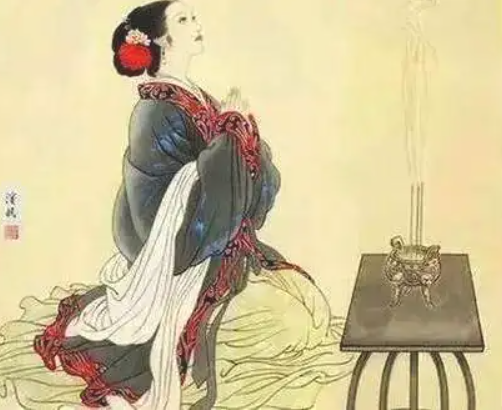

A few days before Qixi Festival, several plants, such as wheat, mung beans, small beans, peas, etc., are used to soak in water to sprout;
On the Qixi Festival, red and blue colored threads are tied into bundles, called "Five Life Pots" or "Flower Pots".
There are also wax baby dolls that women buy to float on the soil and water at home, which is considered auspicious for their children and called "huasheng".
This contains the beautiful symbol of giving birth and happiness, as well as the ancient people's wishes for peace and health.

According to folklore, on the morning of July 7th, a fairy will descend to earth to take a bath.
Qixi night with its bath water can avoid evil, cure diseases and prolong life, washing face can make women more beautiful.
There is a custom of storing "Qixi Water" in Guangdong and Guangxi.
People will go to the river to get water after the first rooster crowing on Qixi, and store it in new jars for use in important festivals in the future.

On the seventh day of the seventh lunar month, when the scriptures and clothes are exposed, do not spoil them
Legend has it that on this day, the Tianmen Cave opens and the sunlight is strong. It is the Dragon King's "sun drying day", and people often expose their clothes, quilts, and other items to the sun to prevent insect infestations.
Readers often expose their books on this day.
The era of official attention to book sharing began in the Song Dynasty, and the Southern Song Dynasty placed greater emphasis on book sharing than the Northern Song Dynasty.
The main reason is that the capital city of the Southern Song Dynasty, Hangzhou, was located in the southeast with heavy humidity, and sun drying books has always been a habitual activity in the local area.
After the Ming and Qing dynasties, the activity of sun drying books gradually became "unknown and scattered".
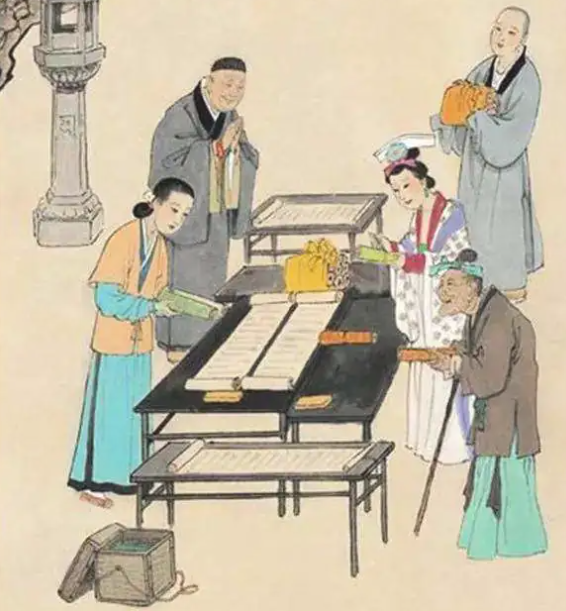

The first star of the Big Dipper is called Kuixing, also known as Kuishou.
He is the god who dominates the rise and fall of literature in ancient Chinese mythology.
July 7th is the birthday of Kuixing. Scholars who want to seek fame and fortune will set up incense altars to worship, burn incense and pray on this day, to bless themselves with smooth exams and prosperous official luck.
On the Qixi Festival, men and women who "worship the Seventh Sister" and "worship the Kuixing Star" gathered together, and were separated in two different small worlds, which was very lively.
This also provides many opportunities for single men and women to meet each other, naturally leading to many beautiful marriages.
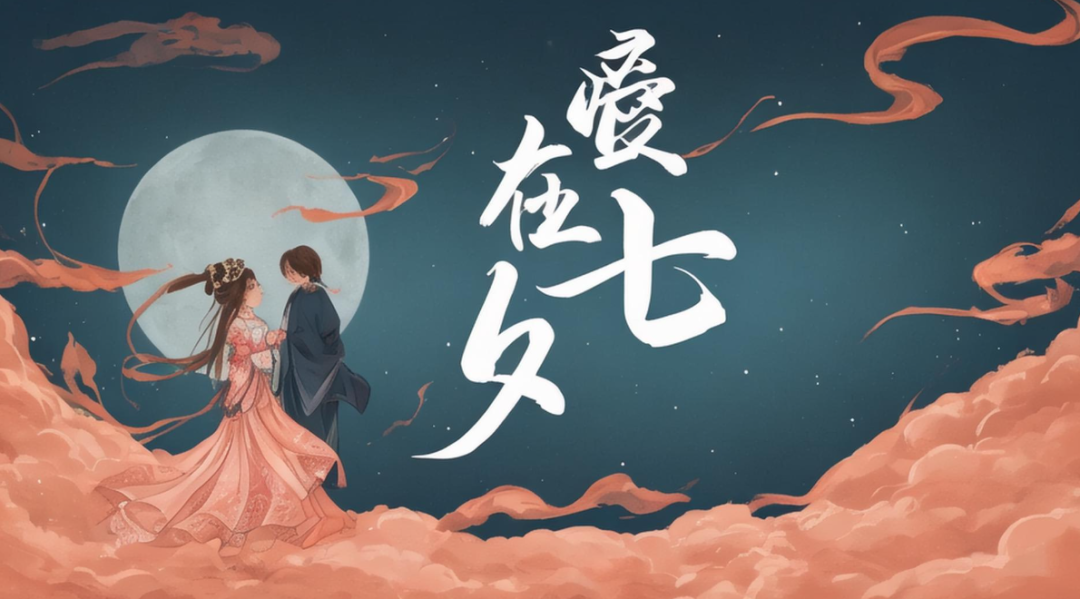
Having learned so many customs, one cannot help but marvel at how romantic and ingenious the ancients were.
Before this special holiday, Xiaoni has also prepared a special gift for everyone!
*The above text and images are sourced from Baidu Baike


93% natural latex content, delicate and breathable.
Extended and comfortable sleep, fitting snugly against the cervical spine,
Suitable for couples/lovers/single person.

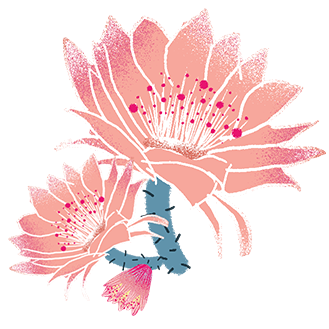


Scan the code to enter Nittaya's overseas flagship store
Ready to purchase







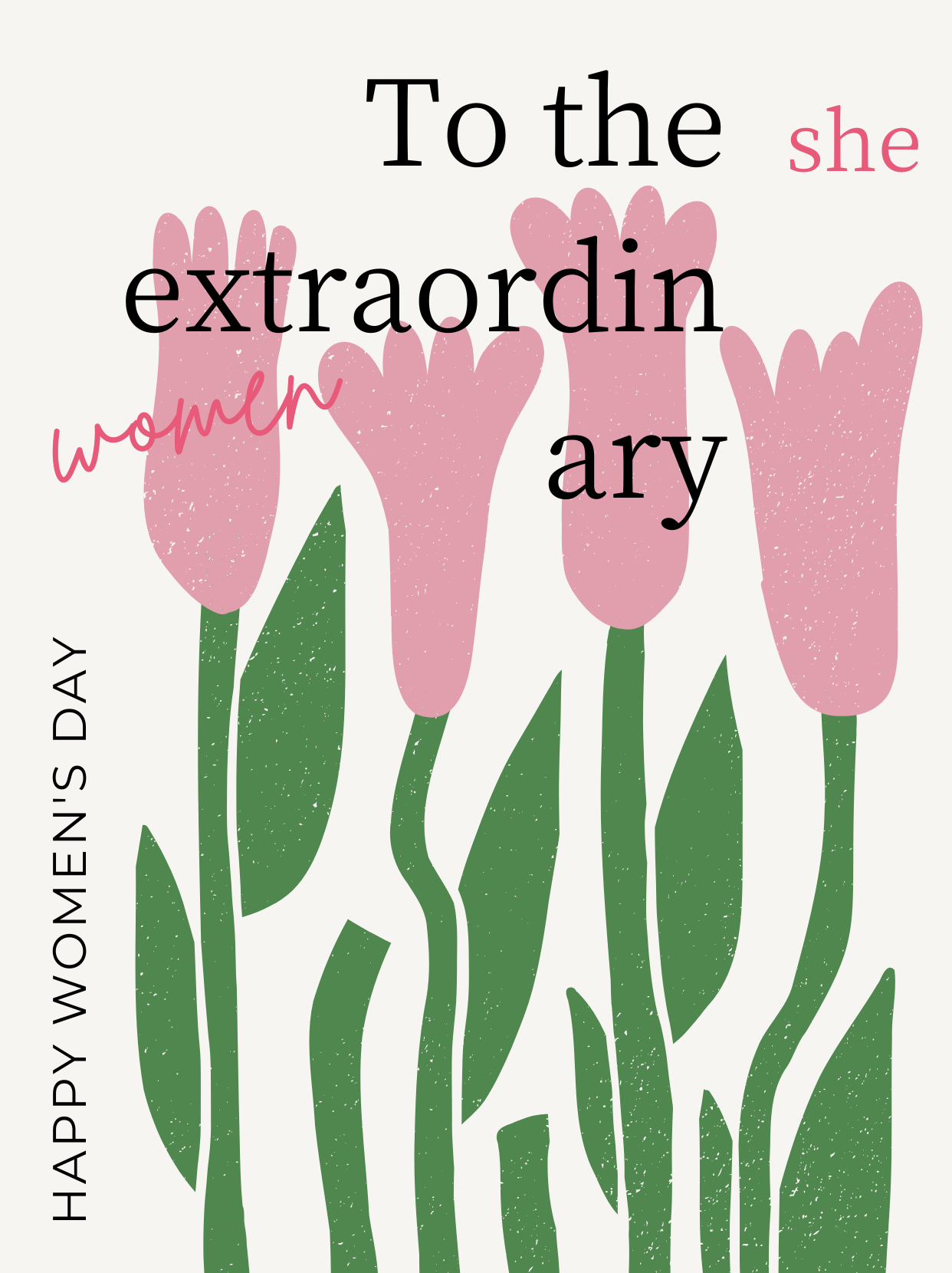






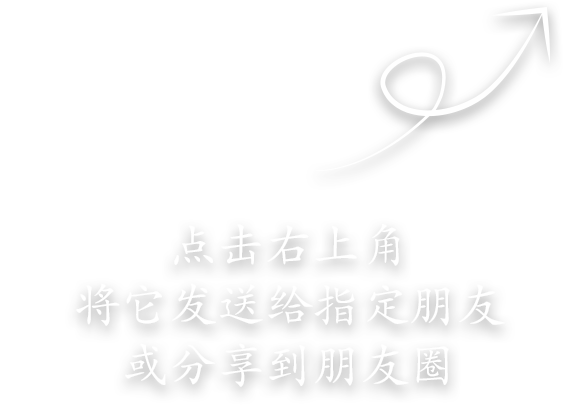
Please first Loginlater ~